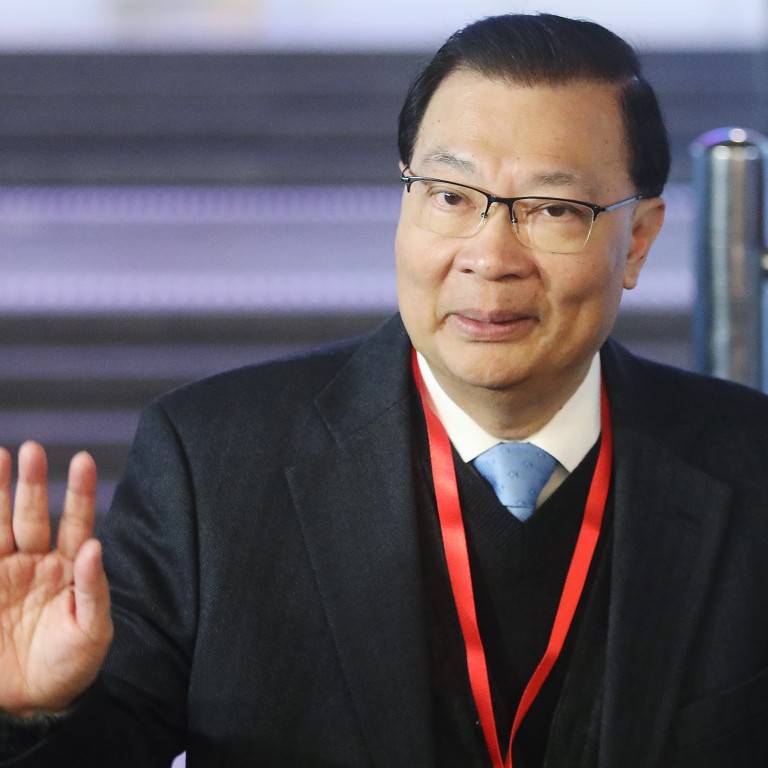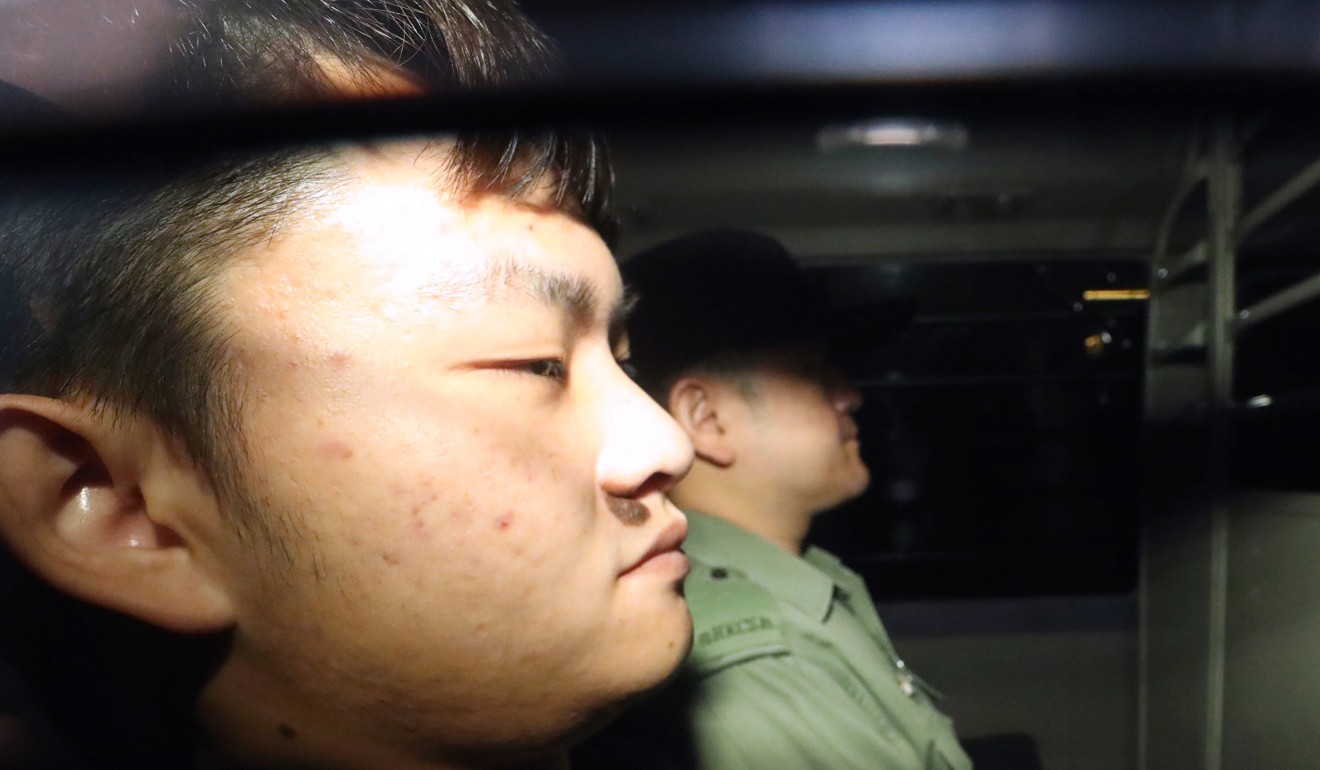
To set minds at ease, limit retroactive effect of controversial extradition bill and cover only serious crimes, Hong Kong’s sole NPCSC delegate says
- Tam Yiu-chung also supports skipping bills committee scrutiny in the legislature, and taking the matter to the full council
- He says while some countries have clauses in their deals with the mainland to protect their citizens, this will be ‘too complicated’ for the city
Hong Kong’s sole delegate to China’s top legislative body has suggested that a controversial extradition bill be amended to only cover serious crimes, while having a limited retroactive effect to allay public anxiety.
Tam Yiu-chung, the city’s only representative to the Standing Committee of the National People’s Congress, said on Monday that the government could consider applying the law only to crimes punishable by a minimum of five or seven years of imprisonment, instead of the proposed threshold of three years.
He added that a retroactive period in line with the maximum jail term could be set.
“If it puts people at ease, I think [the amendment] is one of the options that can be considered,” Tam said on a radio programme.
If it puts people at ease, I think [the amendment] is one of the options that can be considered
The contentious bill, if passed, would allow the case-by-case transfer of fugitives to jurisdictions with which Hong Kong does not have an extradition deal, including mainland China, Taiwan and Macau.
The proposal has triggered a political storm, with strong opposition from the pro-democracy camp amid fears it may be used against Hongkongers for political reasons.
The issue has also aroused concern from the business sector and some foreign governments, prompting a large protest in the city last month.
Extradition bill explained: how did we get into this mess and what happens next?
Some legal scholars have said a special arrangement should be made to bring justice to a recent case first, with the government’s amendments, which should not be retroactive, addressed separately.
At the centre of the storm is Hongkonger Chan Tong-kai, 20, a wanted man in Taiwan over the murder of his girlfriend. Officials have stressed the urgency of passing the bill to extradite him to the self-ruled island.

Chan is currently jailed on a related money-laundering offence but he could be released as early as October, giving him time to flee the city.
Tam said he did not understand why foreign governments should be concerned about Hong Kong’s bill because more than 50 countries across the world had signed extradition agreements with the mainland.
Regina Ip warns of possible US sanctions if extradition law passed
Some countries specified in their deals that extradition would not apply if cases involved their citizens, but Tam said not every party had such requirements.
He said similar terms would be “too complicated to work” in Hong Kong.
The Legislative Council is in a deadlock over the bill, after lawmakers were unable to elect a chairman for the committee scrutinising the proposal. Bitter fights have erupted in the legislature between rival camps, sending meetings into chaos.
Fugitive plan risks ‘shooting Hong Kong in the foot’, says American chamber
Tam suggested that the government skip the bills committee stage and bring it directly to the full council if it wanted the legislation to be enacted before the July Legco break.
“[Putting the bill to the full council] is a way, when there is no other way,” Tam said.
At the bills committee stage, officials and lawmakers examine the proposed legislation clause by clause and can also make amendments. The bill is then referred to the full council – where such detailed scrutiny is not afforded – for further discussion.
Tam, however, said there would still be a chance to raise amendments and debate the bill at the full council.

